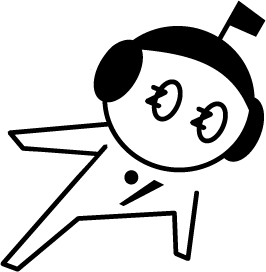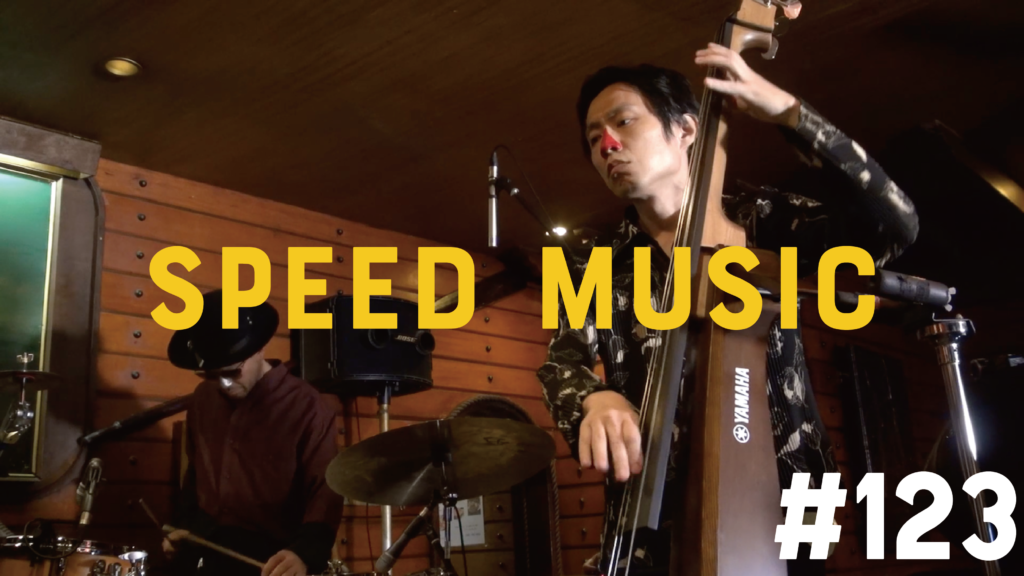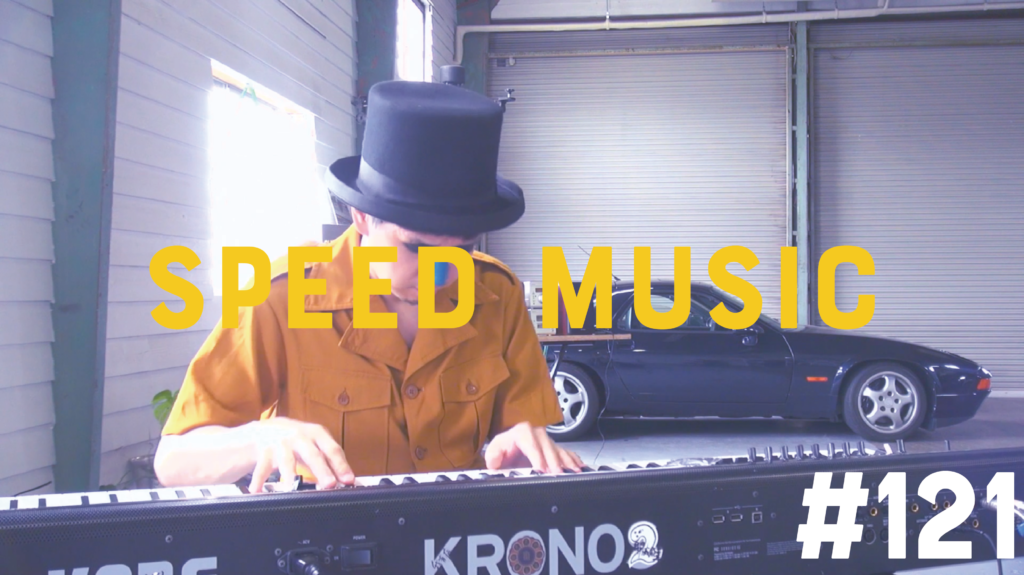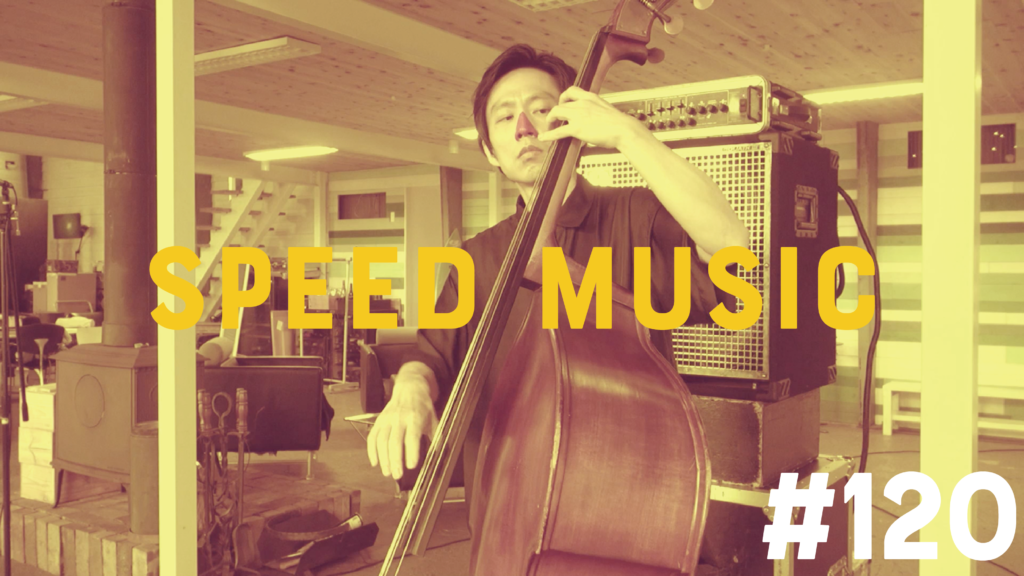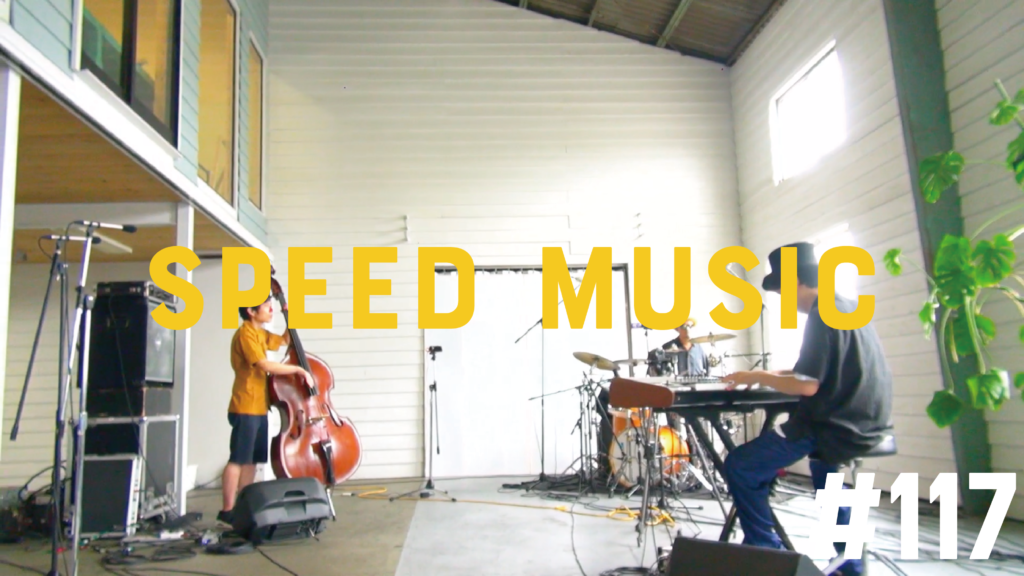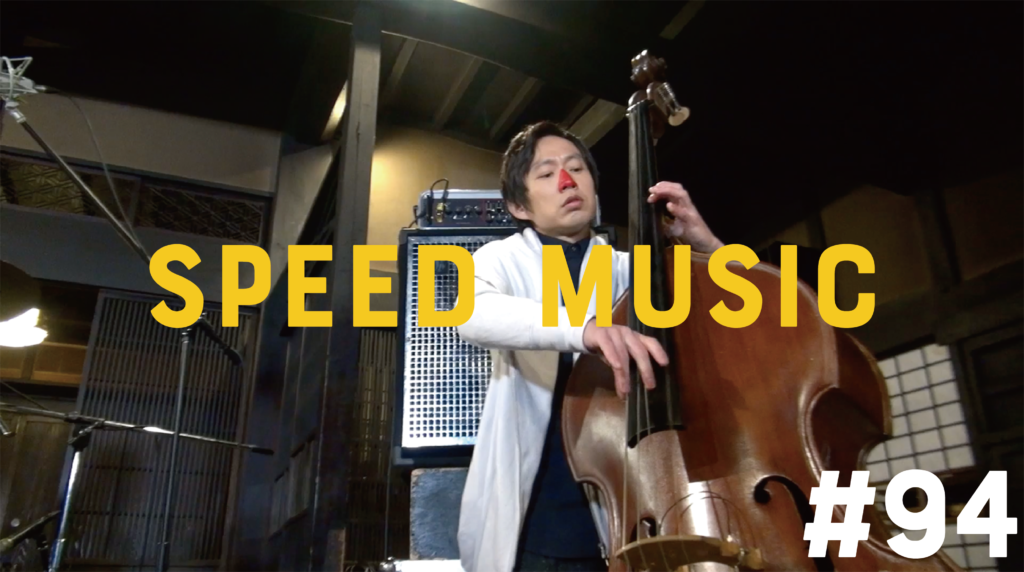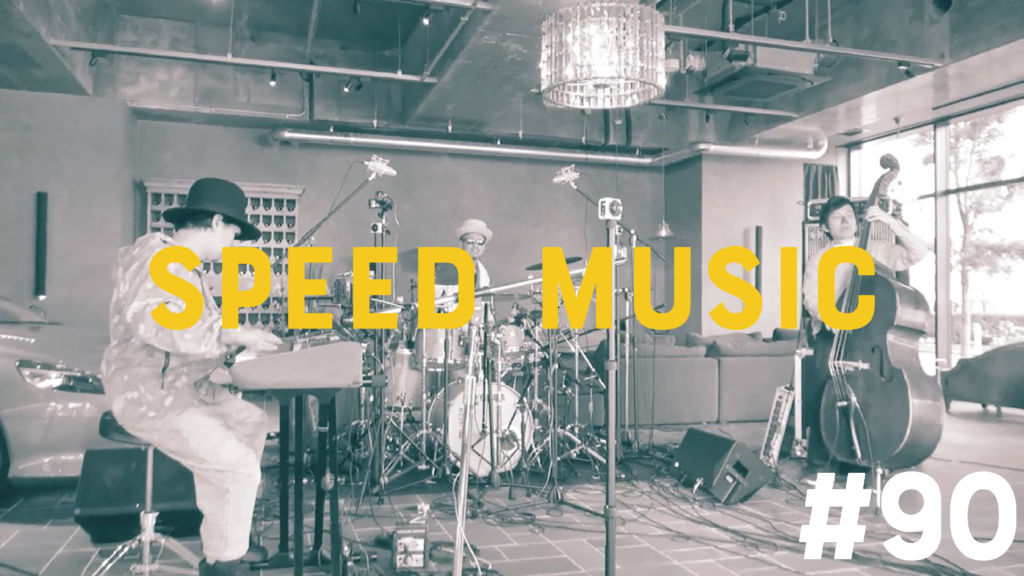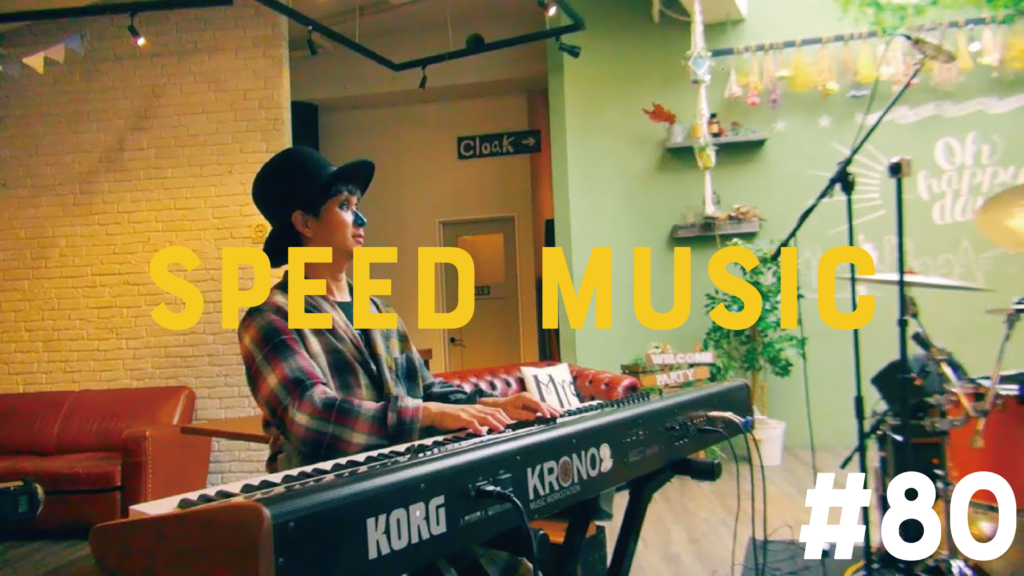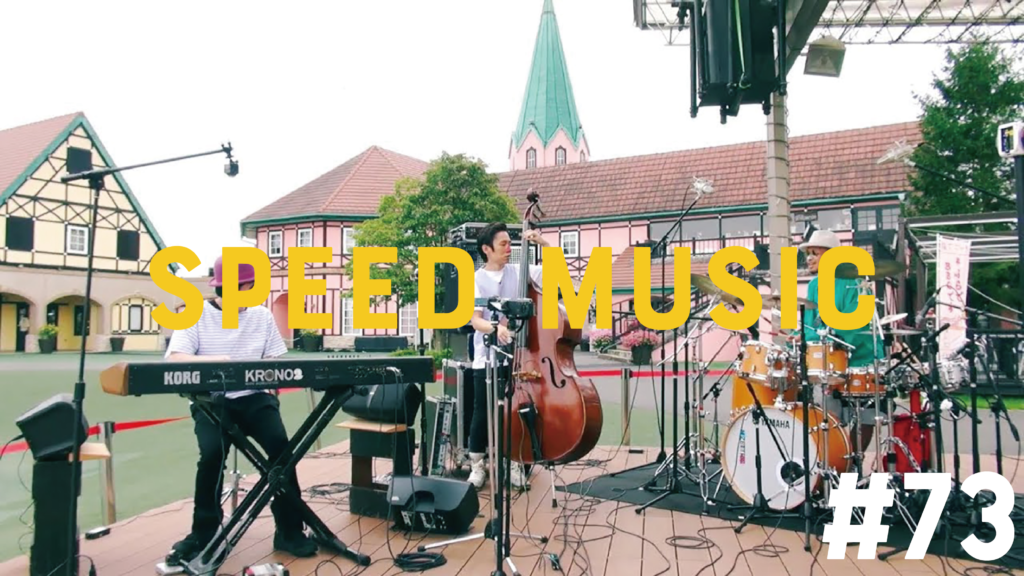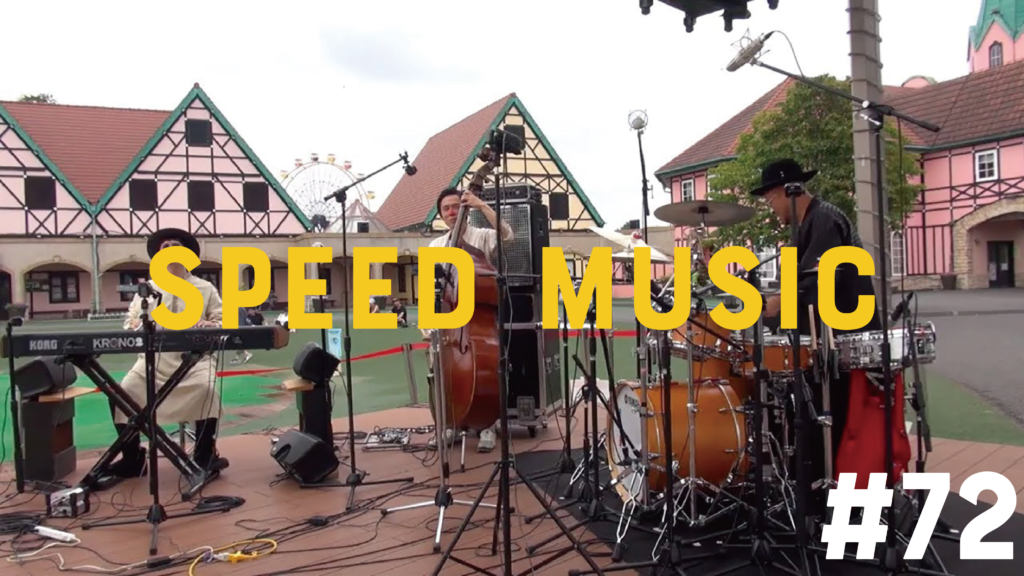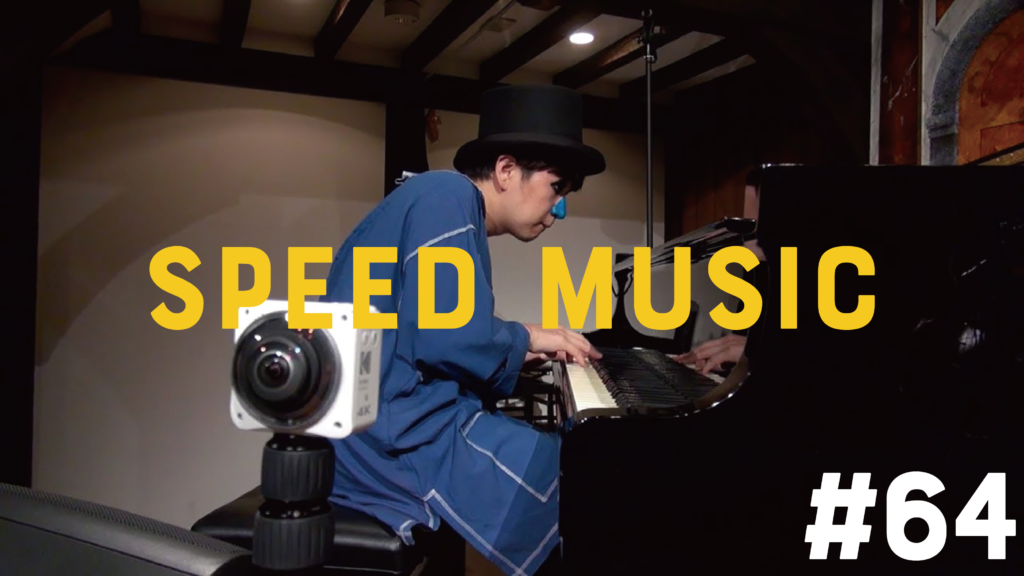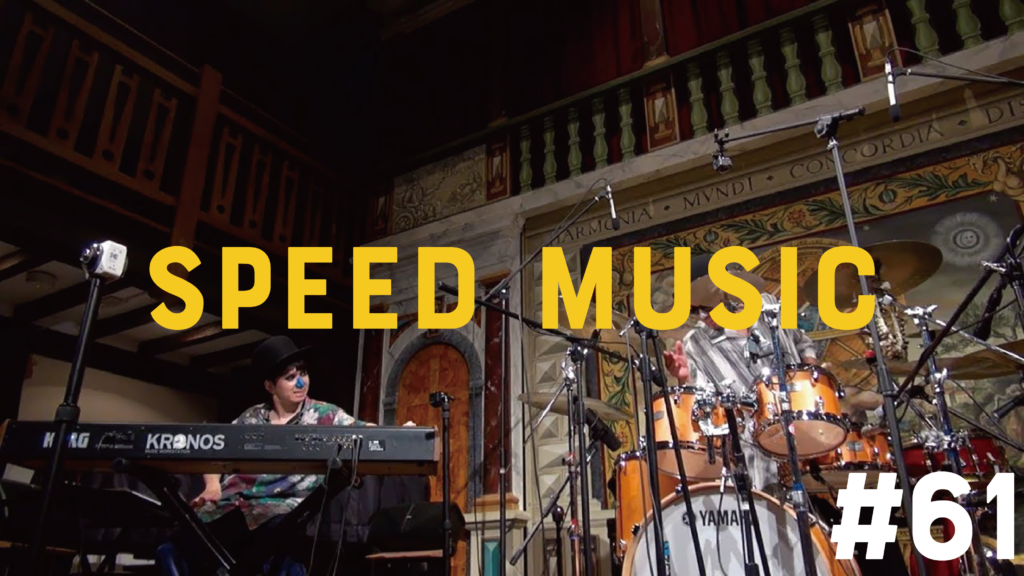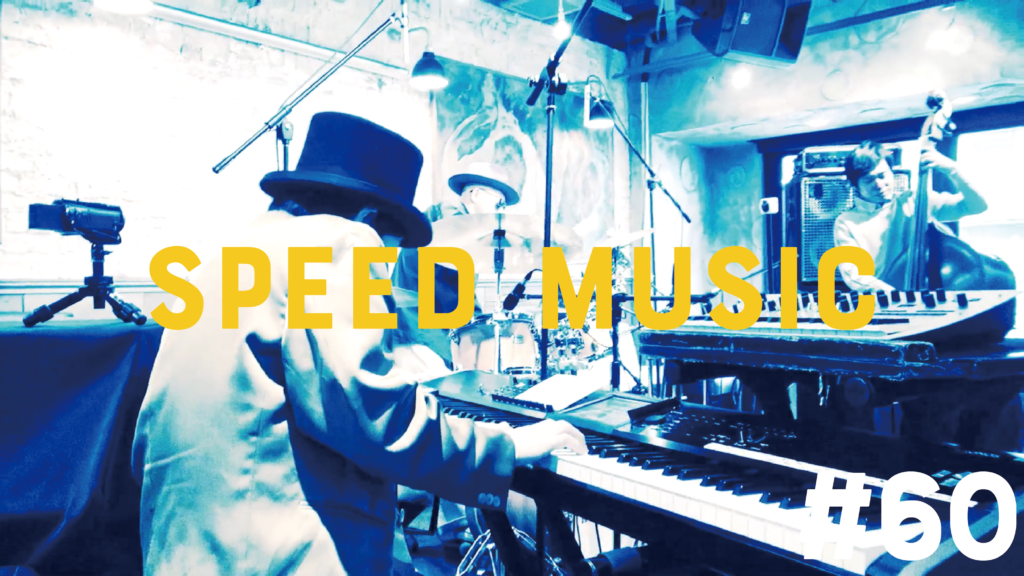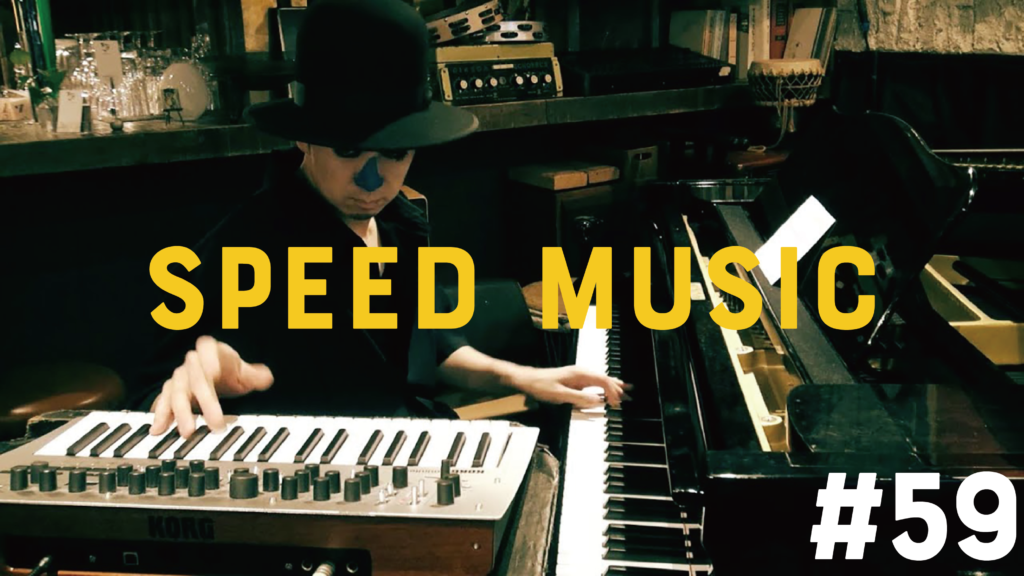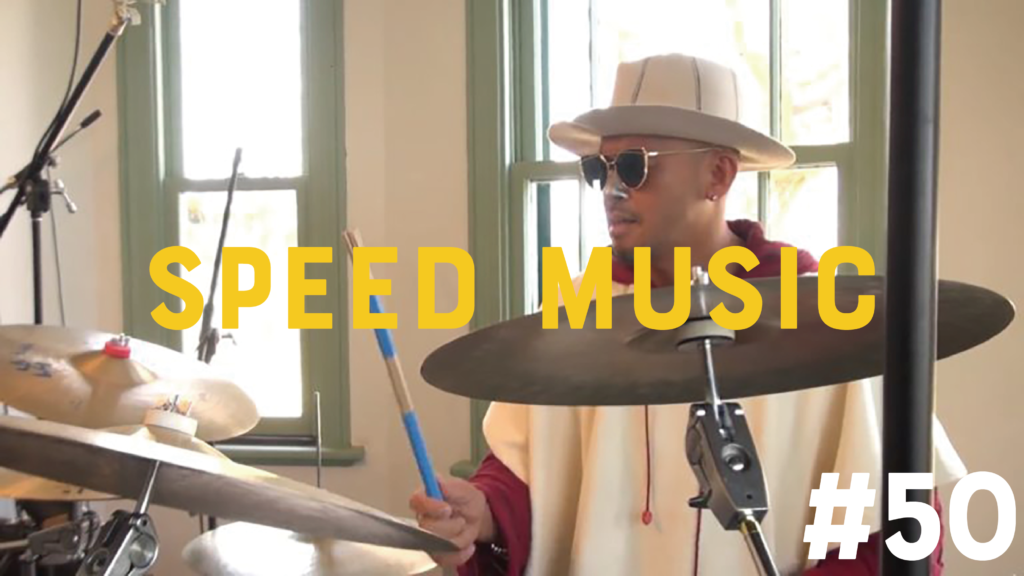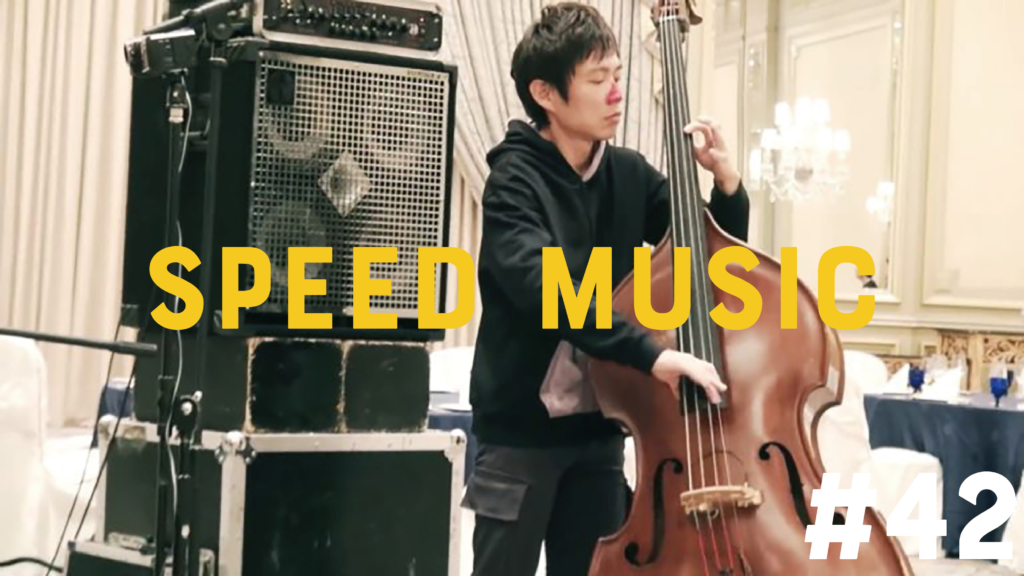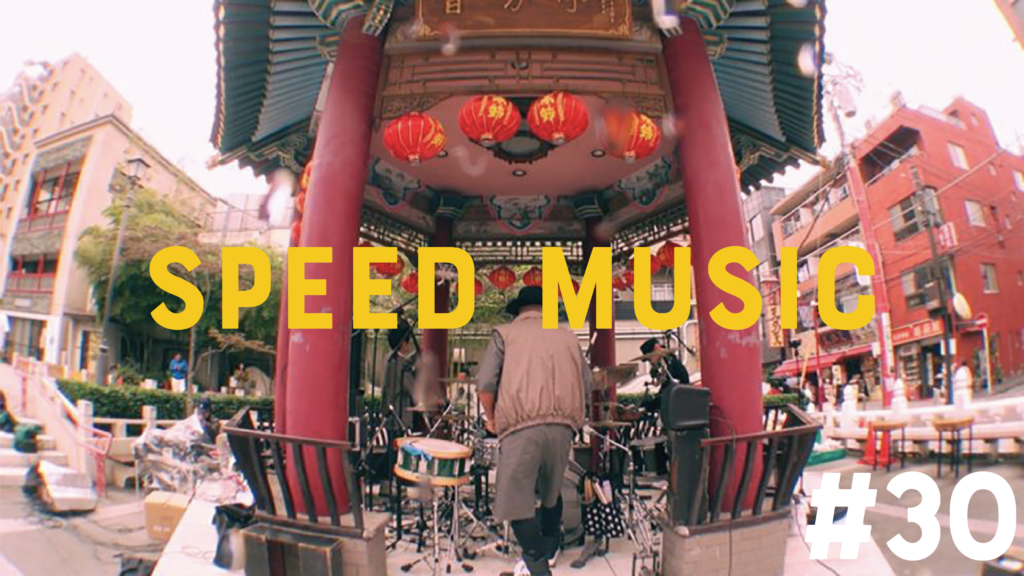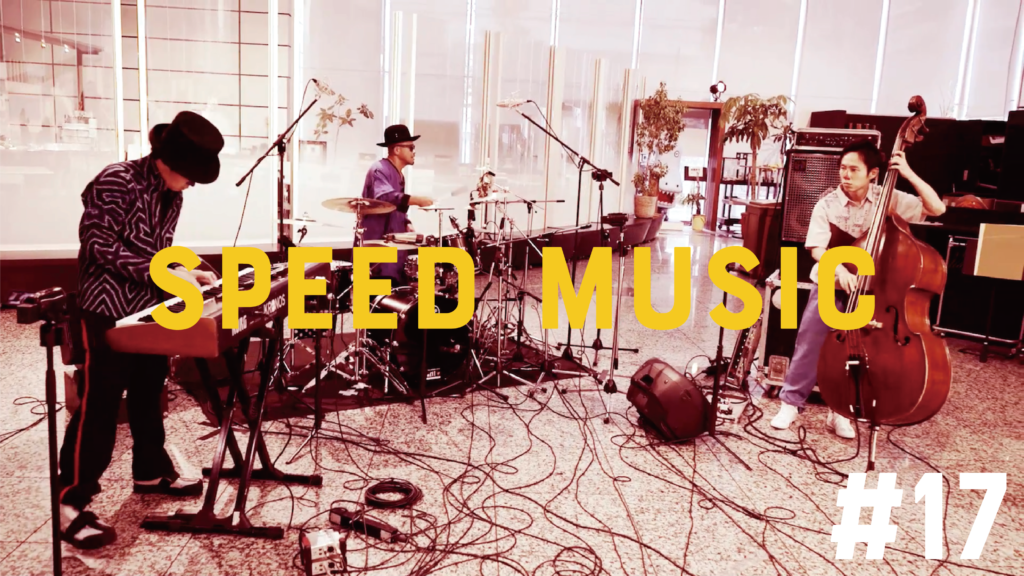#123 タイガー&ドラゴン / クレイジーケンバンド by H ZETTRIO
クレイジーケンバンド5枚目のシングル。2002年12月4日発売。発売元はサブスタンス。6thシングル「クリスマスなんて大嫌い!! なんちゃって♥」と同日発売。2005年4月27日、同名テレビドラマのオープニングテーマとして廉価版で再発された。この曲の特徴でもある大サビのリフレインは、レコーディング・エンジニアが『俺の』というフレーズを確認するため何度も繰り返し聴いていたのを見ていた横山が、そのまま『俺の』を繰り返して後のフレーズに繋ぐよう求めたという、いわば“偶然の閃きの産物”とのこと。(フリー百科事典 ウィキペディア日本語版より:https://x.gd/TLJKq)
Crazy Ken Band's fifth single. Released on December 4, 2002. The publisher is Substance. Released on the same day as the 6th single "I Hate Christmas!! Nanchatte♥". On April 27, 2005, it was reissued in a cheaper version as the opening theme for the TV drama of the same name. The refrain of the main chorus, which is also a feature of this song, was created by Yokoyama, who had seen the recording engineer listening to the phrase over and over again to confirm the phrase ''Ore no''. It is said that it was a ''product of accidental inspiration'', so to speak. (From the free encyclopedia Wikipedia Japanese version: https://x.gd/TLJKq)
